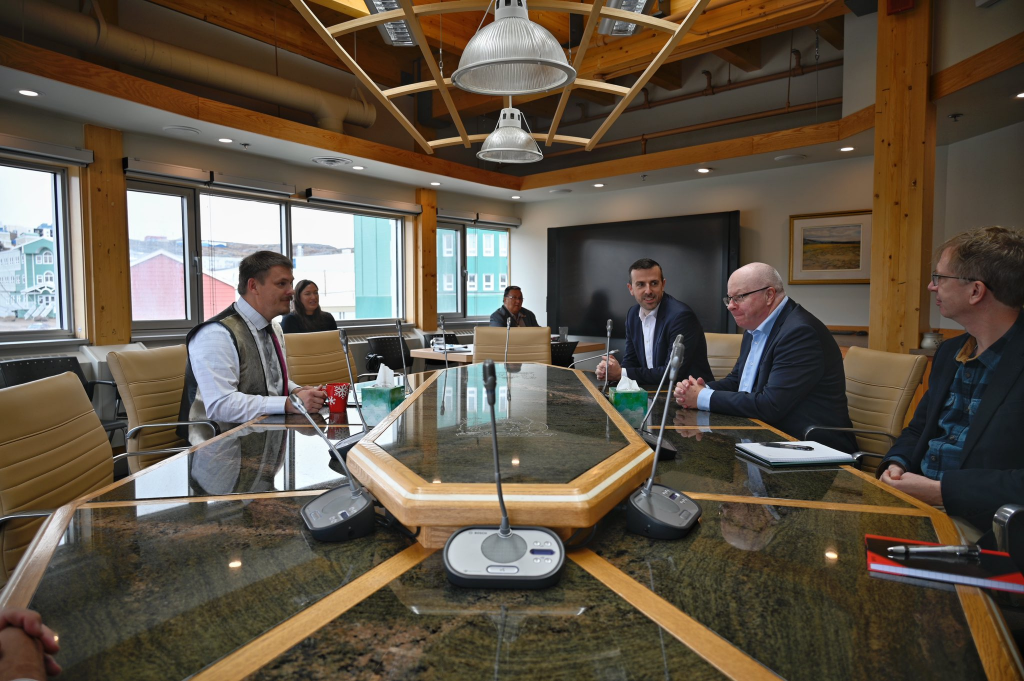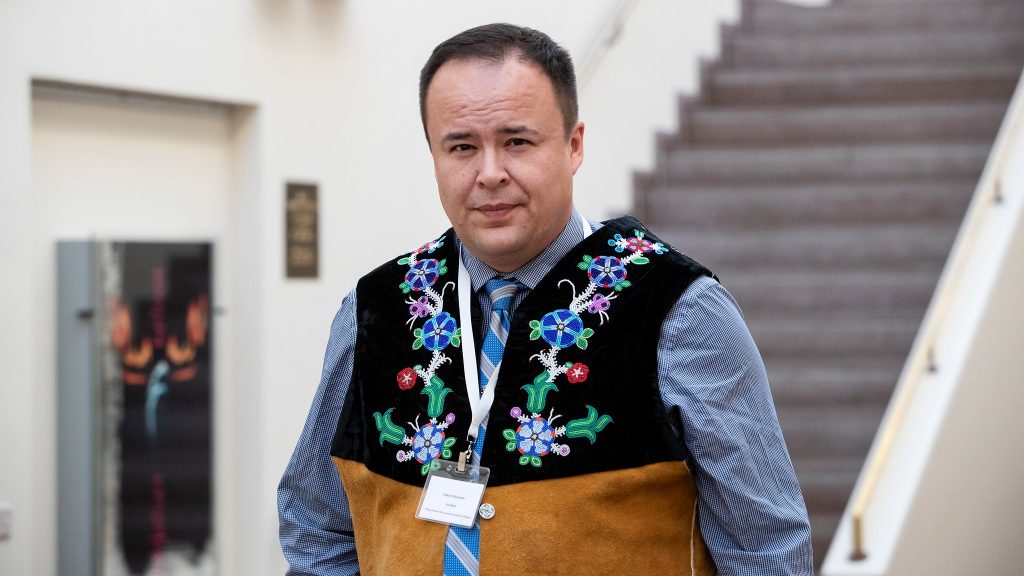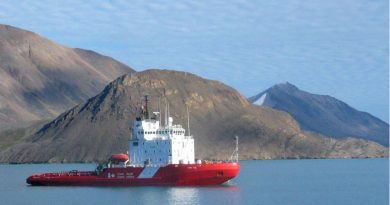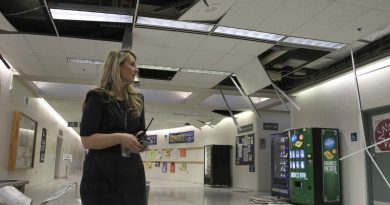Arctic Council SAO highlights youth, wildfire concerns after Canadian visit

Involving young people in Arctic decision-making and addressing the growing threat of wildfires were among the key topics of a recent visit to Canada, highlighting the need to engage youth and build climate resilience, the Arctic Council’s Chair of Senior Arctic Officials said.
During the trip, which included stops in Ottawa and Nunavut, the chairperson met with local leaders and Arctic community members. The goal was to better understand the challenges facing the Arctic region.
“One perspective that comes up in a lot of conversations is the need to include the young people, the youth… and make sure that their viewpoints are included in the process,” Martin Høglund told Eye on the Arctic in a phone interview after his visit.
‘Drive and determination in Nunavut’
Norway has prioritized involving young people in Arctic decision-making during its leadership of the Arctic Council. After speaking with communities in Canada’s North, Høglund said the visit gave him new insights into the specific issues and opportunities young people face in these remote regions.
“I take with me a deeper understanding of how the challenges and life for youth are, especially in the Arctic parts of Canada,” Høglund said.

Despite regional challenges like housing shortages, Høglund said he was impressed by the drive and determination in Nunavut.
“There was a lot of energy, a lot of plans, a lot of optimism on so many fronts… people are very heavily invested, and they want to build a future,” he said.
Wildfire initiative continues as a priority
Wildfire risks in the Arctic are a growing concern for Canada and Alaska, as in other circumpolar regions, and Høglund said the Arctic Council remains committed to tackling the problem and has several initiatives planned.

“We will continue to address this issue,” he said. “We have an emergency preparedness conference planned for March next year in Norway… which will sum up much of what we have done since we launched this initiative.”
The Arctic Council, an international forum for the eight Arctic nations and six Arctic Indigenous groups focuses on emergency preparedness, environment and sustainable development in the North.
Comments, tips or story ideas? Contact Eilís at eilis.quinn(at)cbc.ca
Related stories from around the North:
Canada: N.W.T. Indigenous governments get $15M to deal with 2023 wildfires’ impact, CBC News
Greenland: Indigenous groups need greater influence in Arctic Council says Inuit org, Eye on the Arctic
Russia: Arctic Council report analyzes flag states and legal obligations in Arctic shipping, Eye on the Arctic
Sweden: High risk of wildfires in many parts of Sweden, including North, Radio Sweden
United States: Wildfires in Anchorage? Climate change sparks disaster fears, The Associated Press



